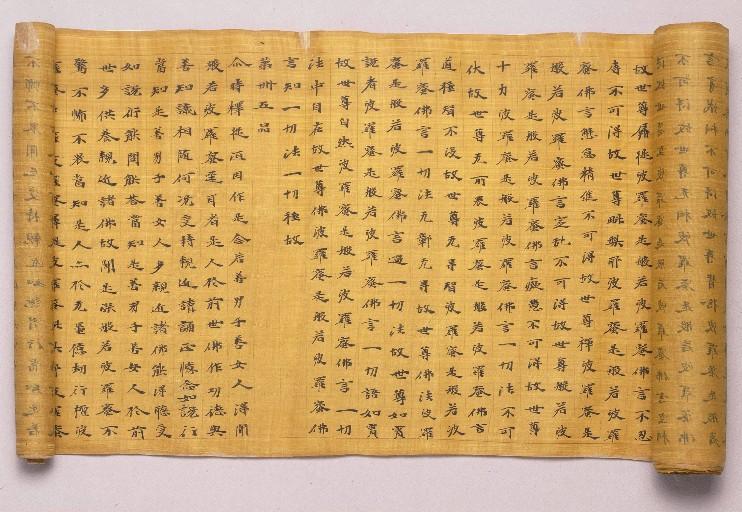
EKKI regularly receives inquiries from members asking about the possibility of donating their literary works or parts of them, and to what extent they can use them for translations, republications, etc.
In the first place, we make the writers see that in the case of literary works the same principles operate as in the rest of the works of creation. Secondly, EKKI recommends doing a good analysis of what is intended, in order to be able to sign publishing contracts that do not hijack a certain work.
But let's take it one step at a time. To focus on the issue, we always remind the authors that there are economic rights, on the one hand, and moral rights, on the other.
Moral rights protect the work itself. These are the rights through which an author is recognized as such and can decide on the fate and integrity of her creation. Moral rights are perpetual and are considered to be attached to the person, so they cannot be assigned. In this way, the author controls whether a work is disseminated or not, whether it is modified or not, and in what way.
Original creative works are also protected by the so-called economic rights, which are those of exploitation and simple remuneration. These allow financial remuneration to be obtained for the use of the work by third parties. In this way, copies can be authorized, their distribution can be agreed upon, or their public communication can be permitted. These exploitation rights can be assigned. Or perhaps it would be more accurate to say that its use can be passed on, for example, to an heiress. Or to a publisher, for a certain edition or a certain period of time.
It is always interesting for the author to control the clauses: what rights are assigned, for how long they are assigned, for what geographical area, under what economic conditions, etc. Regardless of the economic conditions, the general recommendation would be not to sign for too long periods or to use a system that many publishers allow: reach agreements for each edition, and renew or modify the terms for successive editions.